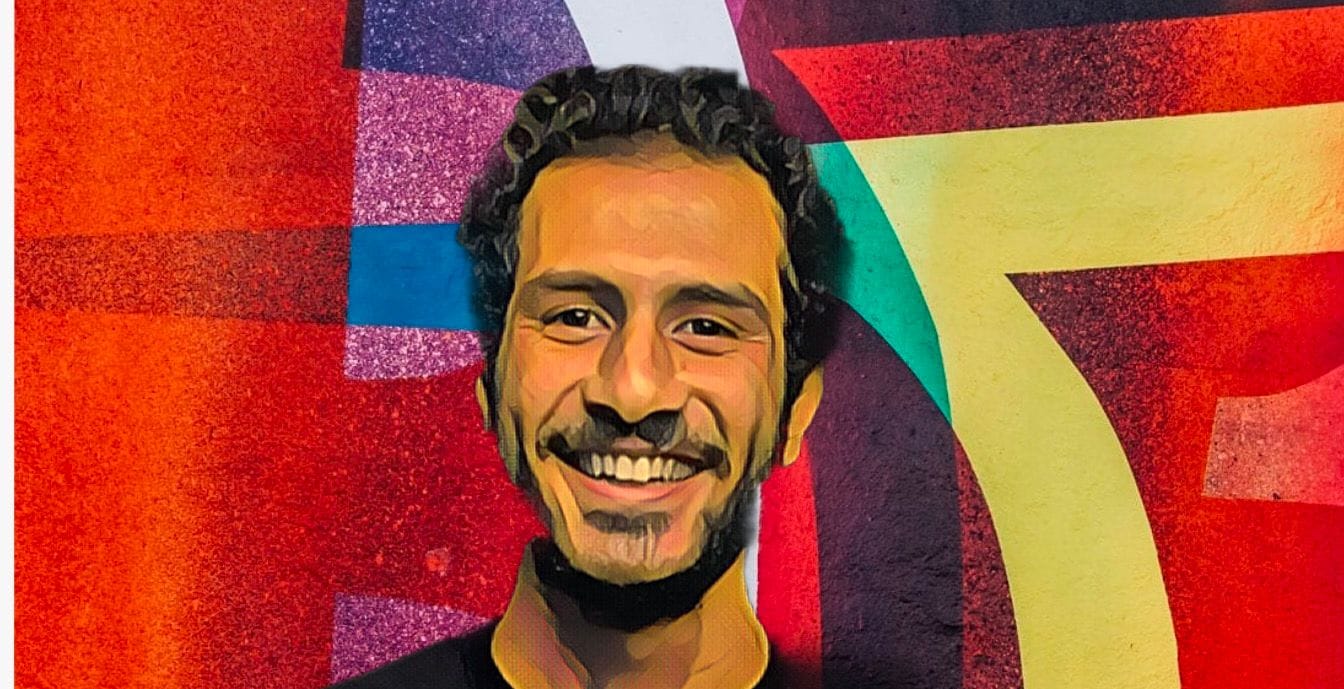Meet Egyptian tech entrepreneur who secured $20 million for his startup in October

Ahmed Sabbah is an Egyptian serial entrepreneur and co-founder of Swvl Holdings Corp., an Egyptian transportation company that recently made history by becoming the first African firm to list on Nasdaq through a special purpose acquisition company (SPAC).
But Sabbah’s entrepreneurial journey didn’t start there – it began with the launch of Goyastores, a business that unfortunately closed just a year after it was founded. Despite this early setback, Sabbah persevered and continued to pursue his passion for entrepreneurship.
His dedication to solving real-life problems and alleviating traffic congestion in Cairo led him to co-found Swvl Holdings Corp alongside Egyptian tech tycoon Mostafa Kandil, the ride-hailing startup has been a major success, and its recent listing on Nasdaq is a testament to the company’s growth and potential.
But Sabbah wasn’t content to rest on his laurels. In 2021, he founded Telda, a financial brand built specifically for millennials and Gen Z. The goal of Telda is to make peer-to-peer payments easier and more convenient and to provide an alternative to the traditional banking system.
His efforts to deliver financial services to the masses in Egypt haven’t gone unnoticed – in October of this year, he secured $20 million in seed funding for Telda in a round led by investors including Twitter Co-Founder Jack Dorsey’s Block Inc.
The capital injection demonstrates continued confidence in the economic potential and social impact of Telda and other regional startups.
The seed funding will be used to accelerate Telda’s expansion into new countries, build its tech infrastructure, and improve its product offerings. It will also serve to boost global confidence in the region’s economic and financial prospects, paving the way for future startups and fintech companies.
Tech entrepreneurs like Ahmed Sabbah are playing a vital role in deepening access to financial services in North Africa.
The rapid adoption of smartphones and the internet has created opportunities for these entrepreneurs to leverage technology and bring innovative solutions to real-world problems. Their efforts are not only benefiting individuals and businesses in the region but also creating value in the African tech ecosystem through disruptive innovations.